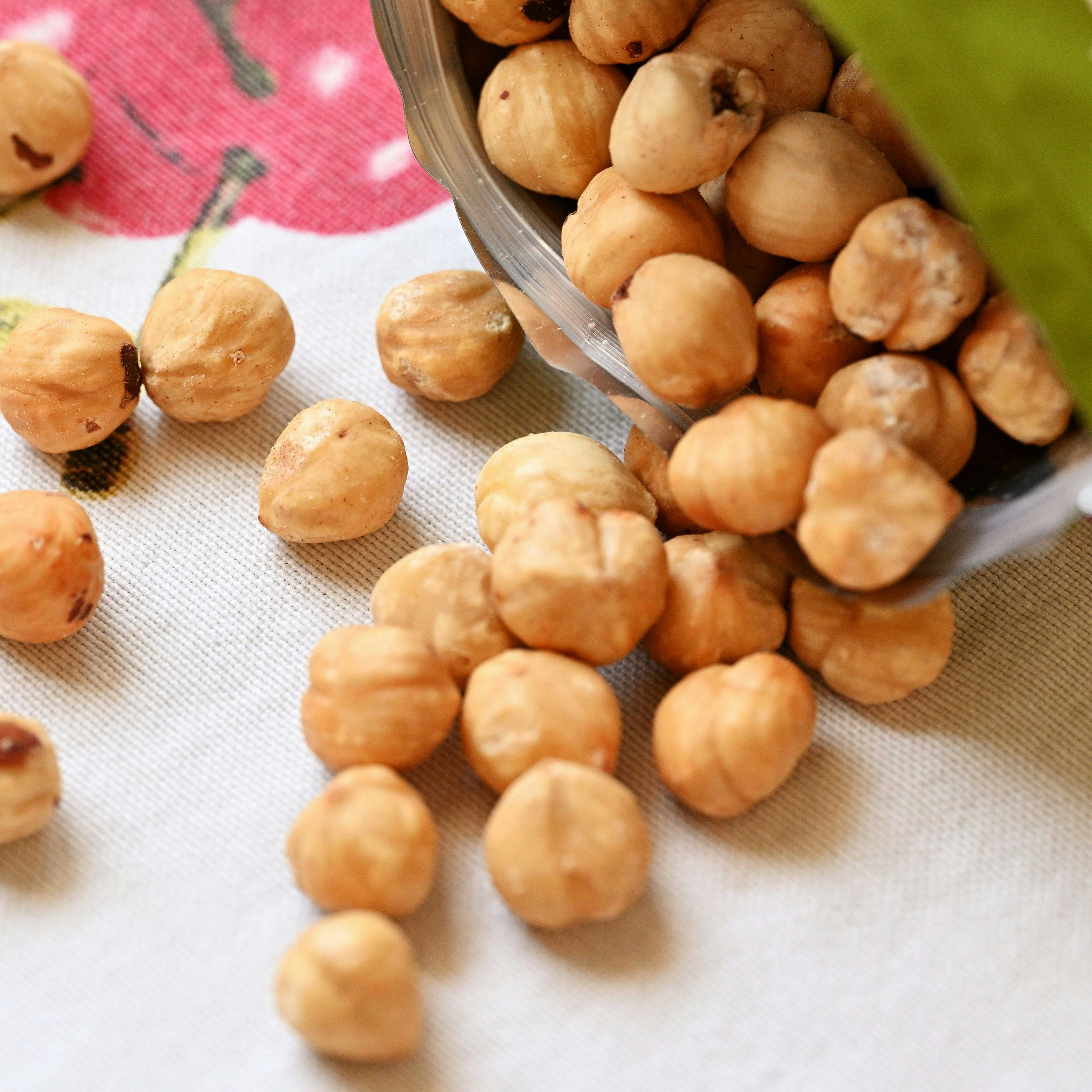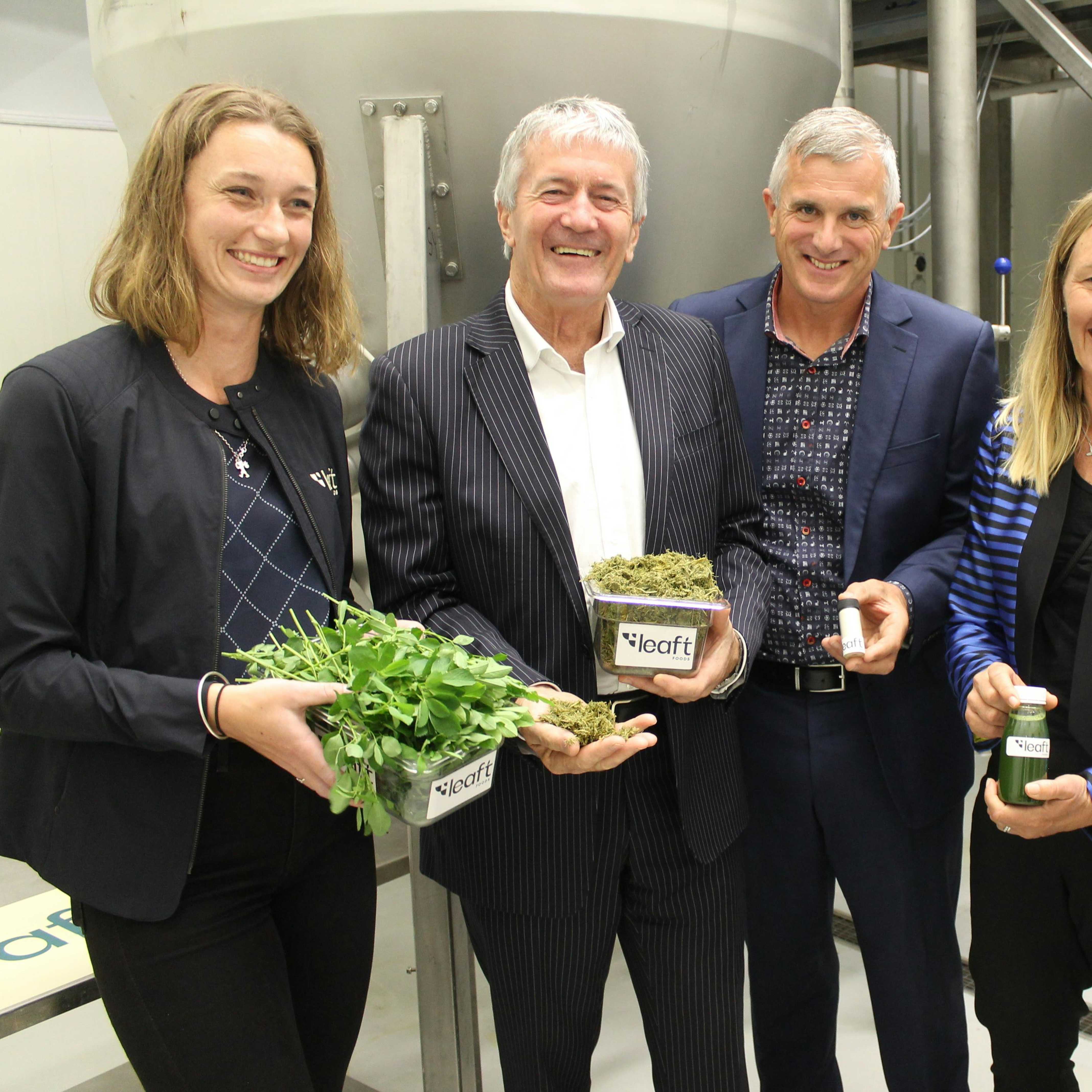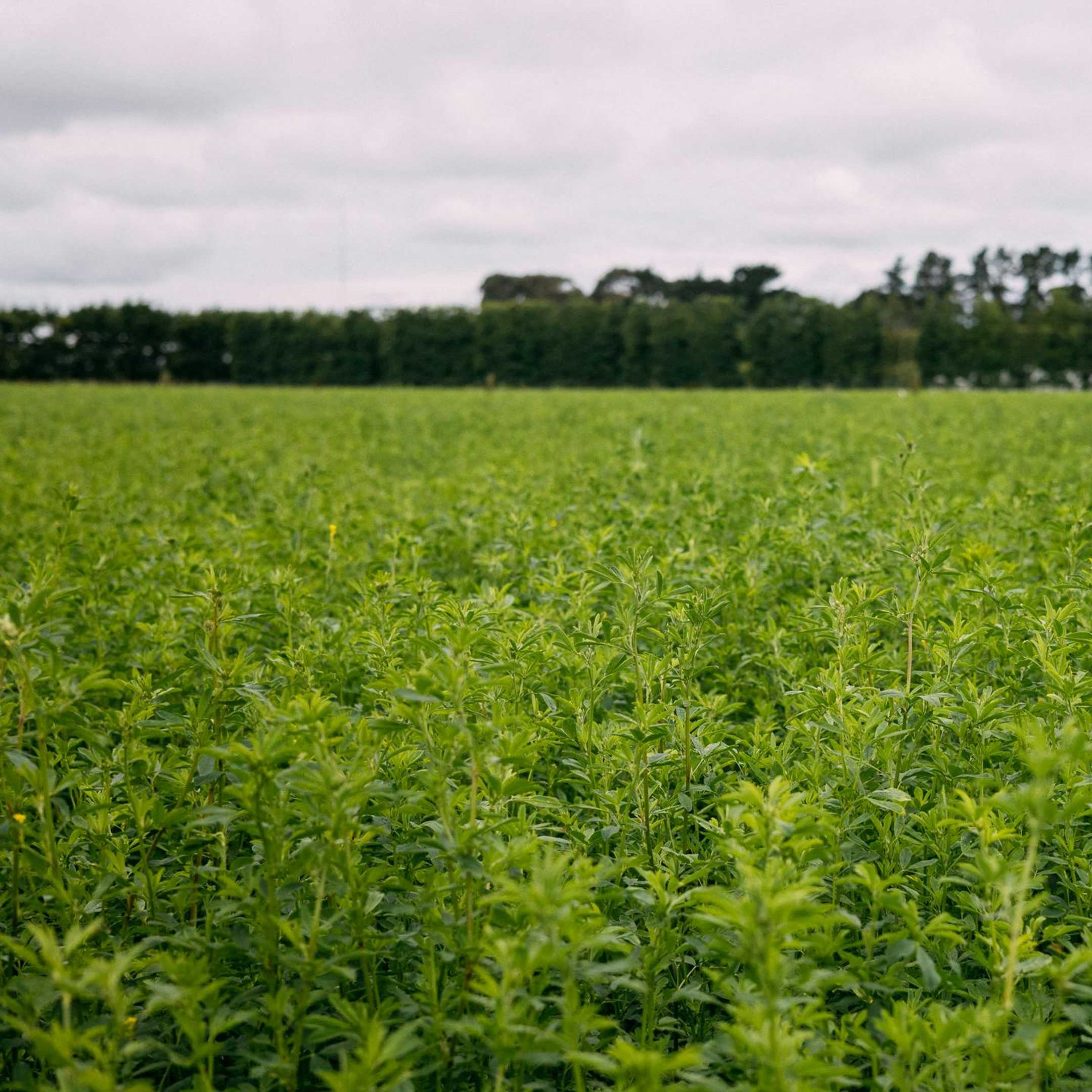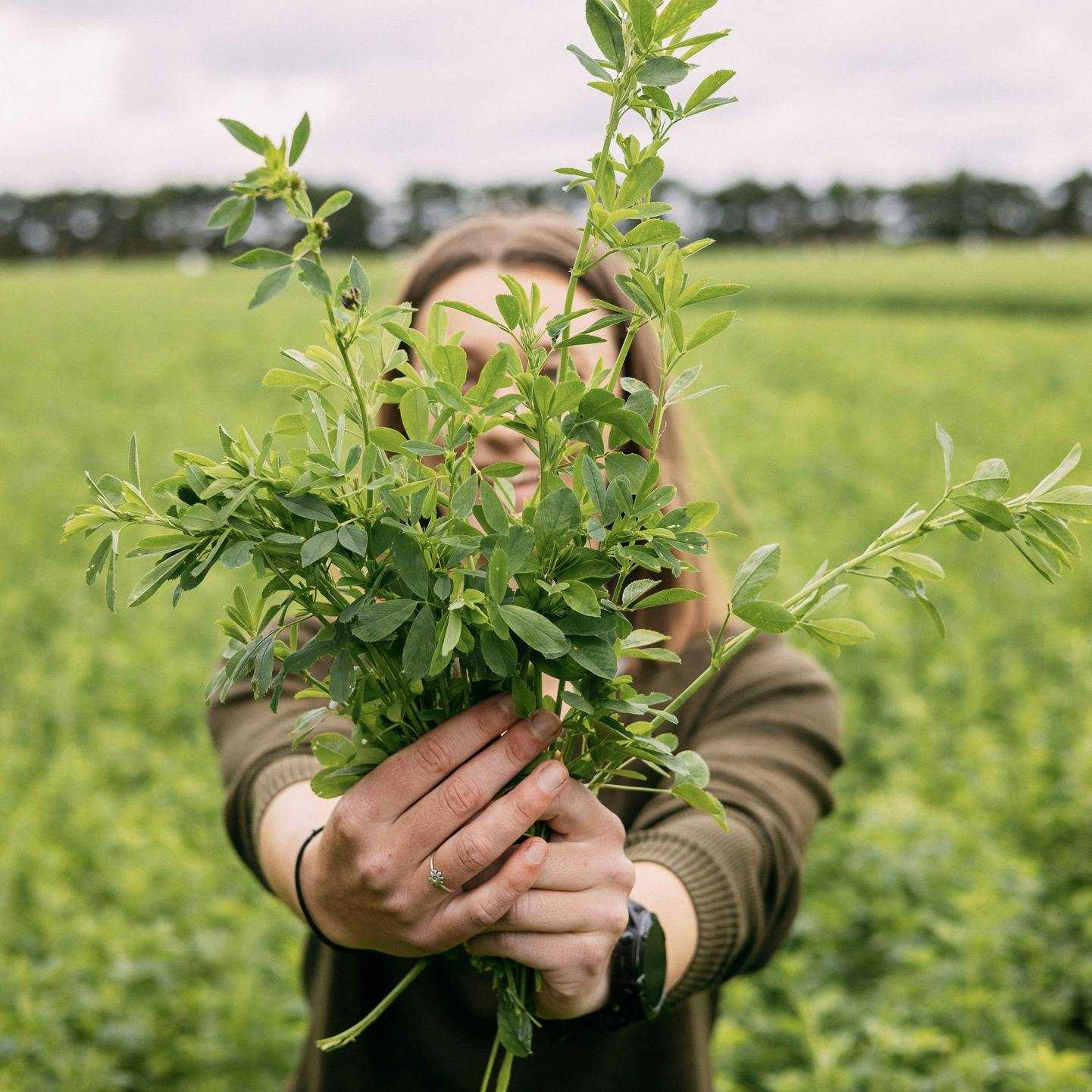Table of Contents
Plant-Based Protein for Athletes: Maximizing Performance and Recovery
Around the world, there are many high performing athletes who are on plant based diets.
People such as seven-time Formula One world champion Lewis Hamilton, tennis great Novak Djokovic, NBA star Chris Paul and All Black TJ Perenara are showing it’s possible to achieve peak performance without eating animal products.
The idea that you need meat to function at a high level is well and truly debunked.
But, like any diet, it’s important to think about what you eat to ensure your body is getting the fuel it needs. Protein is a cornerstone of any good diet, and it’s particularly important for high performing athletes.
Fortunately, you can get all the protein you need from a plant-based diet that has a variety of other benefits, both for yourself and for the planet.
Protein and Athletic Performance
The benefits of protein are available to people from all walks of life, but they’re especially relevant for athletes.
That’s because protein plays an important role in building muscle, enabling strength and fitness, as well as muscle recovery and reducing inflammation.
The demanding nature of training and exercise, not to mention performing in your chosen sport, requires athletes to be able to bounce back day after day, and protein is critical in being able to do that.
It’s also important to think about the timing of when you eat protein.
Having sufficient protein at the beginning of the day starts to fuel the body from the get-go. High protein snacks throughout the day top the body up outside of meal times, which is particularly beneficial shortly before or after a workout.
The quality of the protein you consume also matters. Complete proteins have all the essential amino acids, which are the building blocks of protein, that the body needs. From a plant-based perspective, foods that are high in rubisco tend to have more protein in them - more on that shortly.
Plant-Based Protein Sources for Athletes
Contrary to what some people believe, high protein plant foods can have similar amounts of protein to meat and dairy products. As an example, rubisco plant protein powder has a similar amino acid to beef, which is commonly considered one of the best sources of protein.
As an athlete on a plant-based diet, building your meals around these high protein plant foods helps to ensure you’re getting the nutrition your body needs to encourage peak performance.
- Legumes
- Beans
- Lentils
- Tofu
- Tempeh
- Seitan
- Nuts
- Seeds
- Whole grains
Rubisco protein is a key element of protein in many plant-based foods because it is what causes photosynthesis. In its natural state, rubisco is not a major source of protein, but it indirectly influences the protein content and quality within plants because photosynthesis produces amino acids.
Protein Quantity and Quality for Athletes
How much protein an athlete needs depends on a range of factors, including their weight, training load and performance goals.
Generally speaking, athletes need much more protein than the average person. Where someone with an average lifestyle should consume around 0.8 grams of protein per kg of body weight per day, an athlete should aim for upwards of 2 grams of protein per kg of body weight per day.
As mentioned above, eating high protein foods throughout the day is a good way to constantly fuel your body with the protein and nutrients it requires to function at a high level. By being aware of high protein plant-based foods, you can ensure what you’re eating is giving you the nutrition you need.
Complete proteins are foods with all nine essential amino acids, and while these are a more efficient type of food than incomplete proteins, those incomplete proteins can also be good sources of fuel when eaten in combination with other foods.
Protein Supplements for Vegan Athletes
Athletes commonly take protein powder to keep their protein consumption high. Protein shakes or smoothies can include a variety of high protein foods, together with foods rich in other vitamins or minerals, and make for excellent light meals.
Vegan protein powders are a great way to boost the protein content in your shakes or smoothies. Pea, rice, hemp and soy protein isolate are all excellent plant-based protein powders. Rubisco plant protein powder is a more recent arrival on the market, but it has huge potential as a powerful, non-allergenic plant protein powder.
With so many different protein powders to choose from, it can be hard to know what’s best. Proteins digest at different rates, so just because one protein powder has a higher protein content than another, that doesn’t mean you’ll end up absorbing more protein.
Consider a rubisco-rich protein where you can. Rubisco is a highly digestible protein, and helps to ensure you get maximum value from the protein you consume by absorbing as much of it into the body as possible.
Addressing Common Concerns
The first, and most obvious concern with being a high performing athlete on a plant-based diet is getting enough protein from your food. However, this concern is no greater than on any other diet.
Athletes are always conscious of eating well, and this is no more or less of an issue when you eat plant-based food. By being aware of what you eat and by focusing on having a balanced, high protein diet, there’s no reason why you can’t perform to your best on a plant-based diet.
Like people from all walks of life, athletes can actually feel more energized, healthier and better overall as a result of switching to plant diets.
It’s also worth paying attention to complete and incomplete proteins. As alluded to above, just because one food is an incomplete protein, that doesn’t mean it offers inferior nutrition. You can eat a variety of incomplete proteins and they will come together to provide all the protein the body needs.
If you find you aren’t getting enough protein - as can happen on any diet - then it’s simply a case of eating more of it. This doesn't need to mean eating more food; it can be that you focus on increasing the protein content in the food you do eat, such as by opting for high-protein alternatives, or even incorporating plant protein powder into your cooking.
It can even be as simple as looking for plant foods with higher rubisco content. As we’ve mentioned, rubisco can help to improve the quantity and quality of protein within plant foods, which delivers more protein in your diet
Meal Planning and Protein-Rich Recipes for Athletes
Athletes can have busy lives, and if you’re not organized you might end up eating food that’s less than ideal. By planning ahead and preparing meals in advance, you can make sure you’ve always got a good meal lined up that will help you be at your best.
These are some protein-rich vegan meals that will support enhanced performance.
Breakfast:
- Quinoa breakfast bowl with tofu scramble, spinach, tomato, avocado and hemp seeds
- Chia seed pudding with almond milk, fresh berries and almonds
- Protein packed vegan smoothie with spinach, kale, banana, plant protein powder, almond milk, chia seeds and nut butter
Lunch:
- Lentil and quinoa salad with cucumber, tomato, red onion and tahini dressing
- Tofu stir fry with mixed vegetables, soy sauce and brown rice
- Chickpea salad wrap with carrot, spinach and hummus
Dinner:
- Black bean and sweet potato chili with tomato, capsicum, onion, garlic, chili and cumin, served on brown rice or quinoa
- Grilled tofu and vegetable skewers with cherry tomatoes, capsicum, zucchini and mushrooms, served with a quinoa salad
- Tempeh stir fry with peanut sauce, broccoli and capsicum, served on cauliflower rice
Snacks:
- Edamame beans
- Trail mix with seeds, nuts, and dried fruit
- Greek yogurt with berries and honey drizzle
Performance and the planet
As an athlete, you don’t have to sacrifice your care for the environment in order to eat the food that will help you to perform. Eating a sustainable plant-based diet can help you to achieve your own performance goals while also being more sustainable for the environment.
Athletes need to be mindful of their food to ensure they’re getting the protein they need to function at a high level, and it takes no extra effort to do that while eating plant proteins.
Like anyone, athletes need a balanced diet, with varied food choices that provide the full spectrum of vitamins, minerals and other nutrients. Athletes and non-athletes are actually very similar in this regard.
The key thing is to be prepared, do your research into what you eat and make informed decisions.




